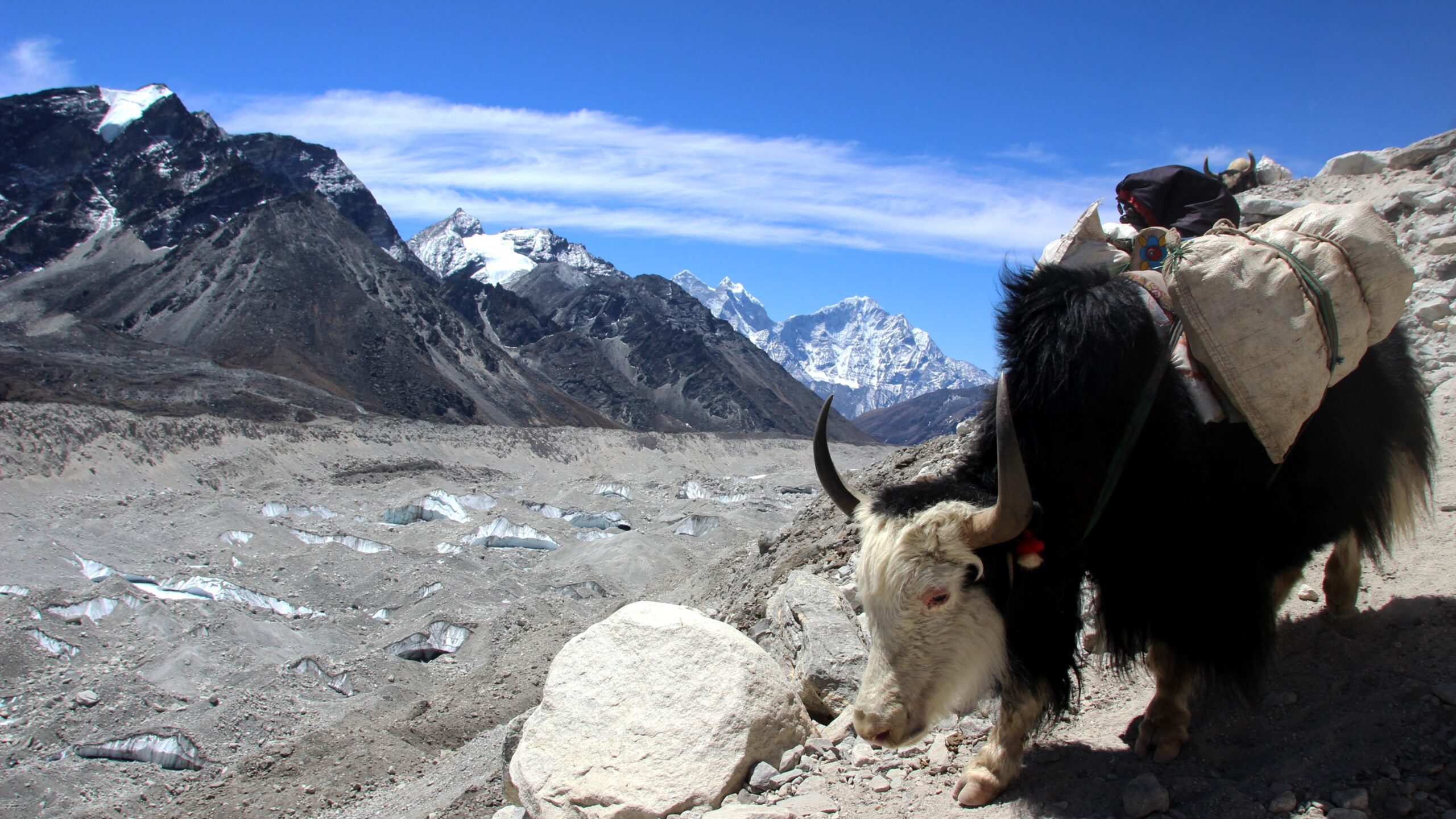In a recent Neftake, the EU Ambassador eloquently set out the case for green, resilient, and inclusive recovery, supported by a green finance agenda. Green investment is set to play an expanding role in economies: the World Economic Forum estimates that globally, the green bond market could be worth $2.36 trillion by 2023; increasingly, banks, insurers, and […]




